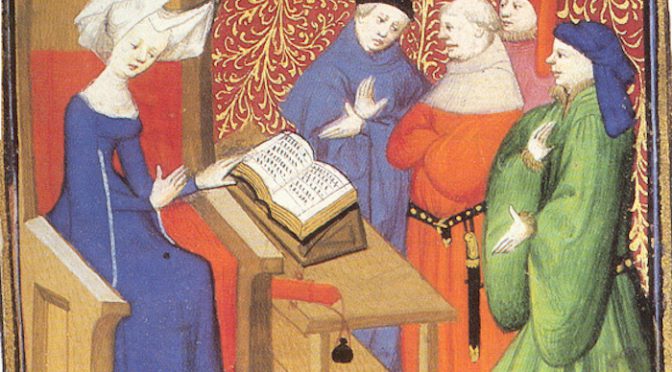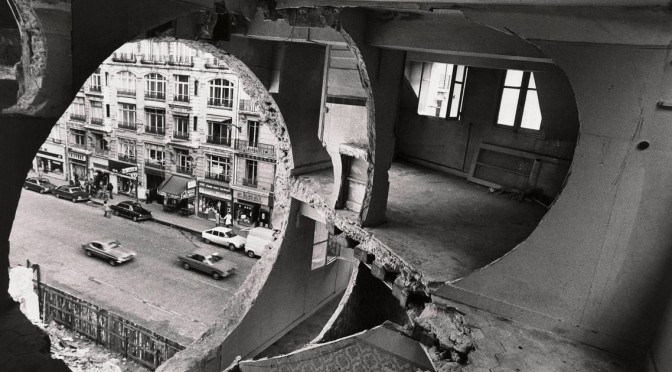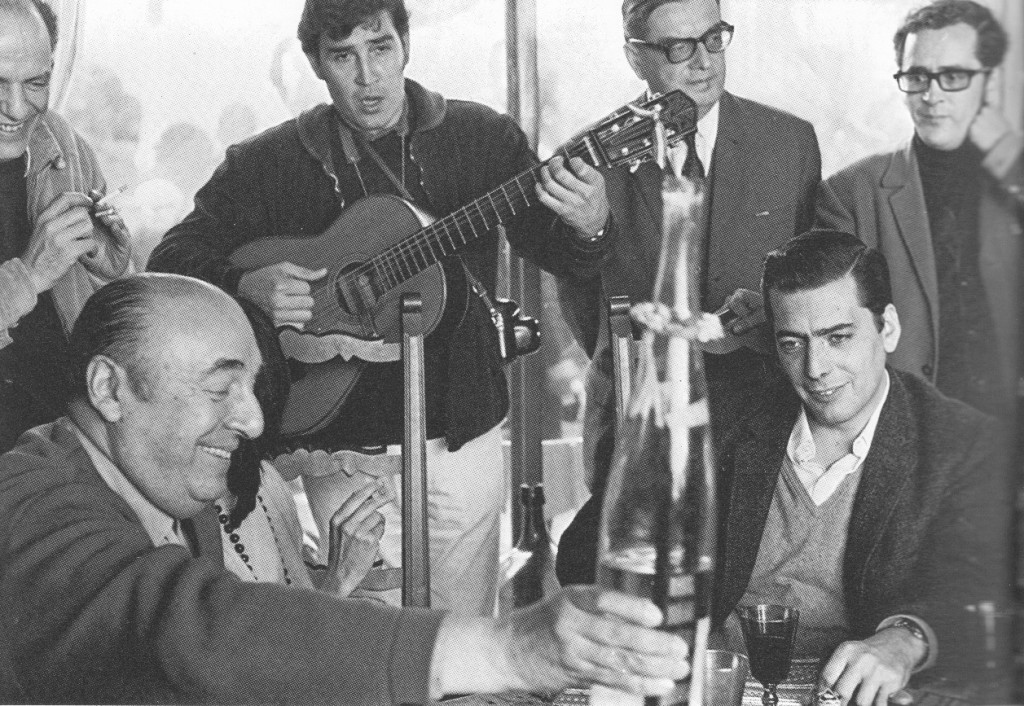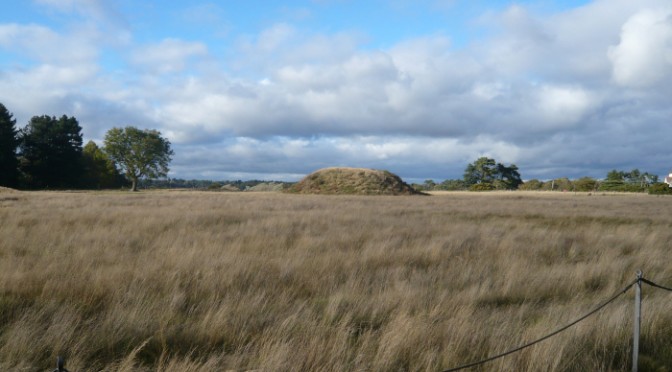by Fran Allfrey, LAHP-AHRC PhD candidate, and Beth Whalley, Rick Trainor Scholarship and Canal & River Trust PhD candidate.
This year’s theme for International Women’s Day was ‘Press for Progress’. The campaign focused on the reality that gender parity – which the World Economic Forum’s 2017 Global Gender Gap Report projects as being over 200 years away – cannot happen without organised and inclusive collective action. The theme got us thinking about the ways that our own discipline, medieval studies, intersects with feminist activism, and the ways that medievalists might be able to participate meaningfully in these conversations. And so, on the 28th March, supported by LAHP and King’s Centre for Late Antique and Medieval Studies, we held a two-part event to celebrate medieval women and women in medieval studies.
Part 1: The Wikithon
The first part of our event was a ‘Medieval Women, Modern Readers’ Wikithon, which aimed to improve references to scholarly work by women and non-binary people in articles related to medieval studies, and to create and improve pages for women and non-binary medieval scholars and artists who study or remake medieval texts, objects, or themes.




